Heart Safe

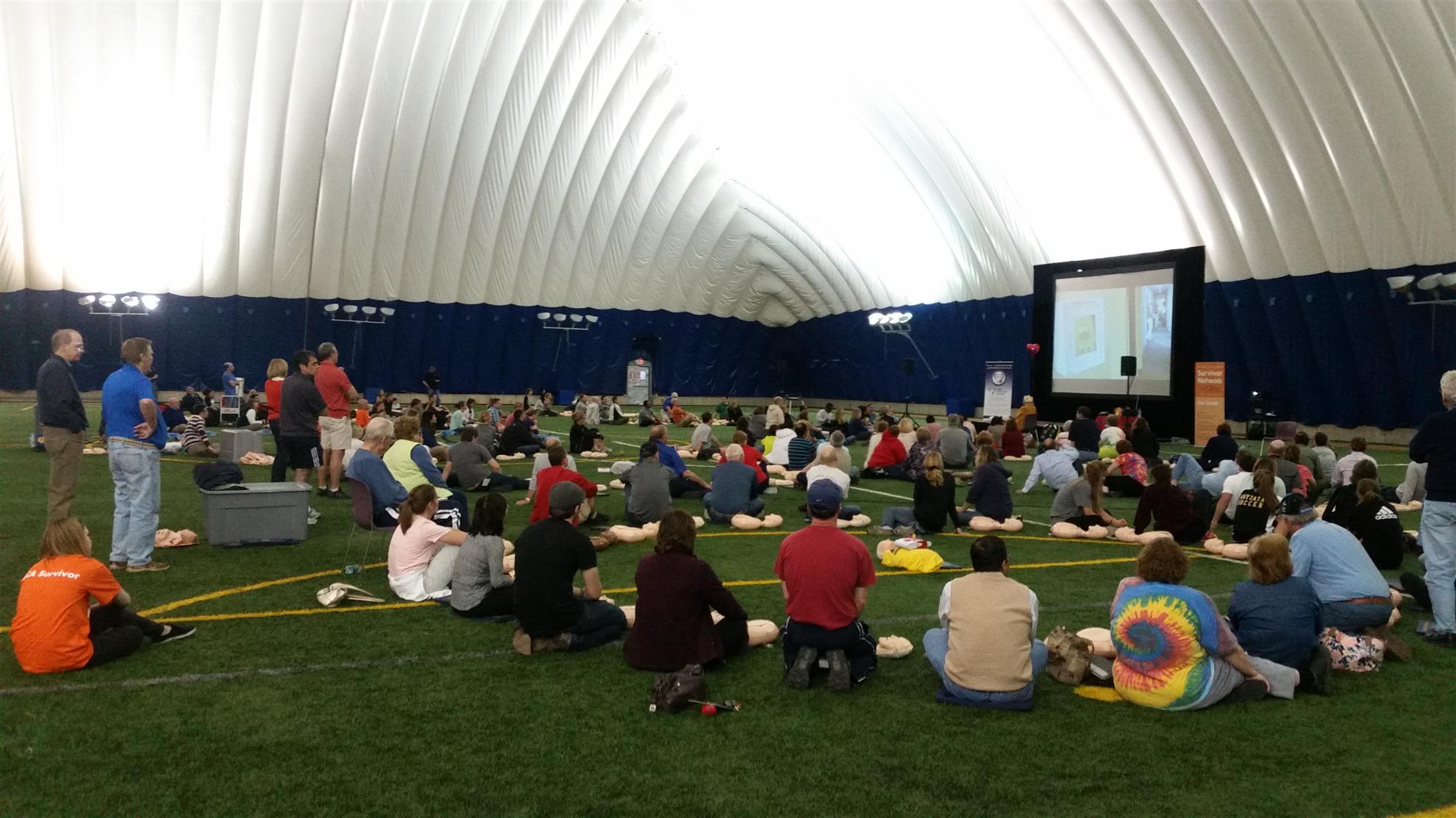
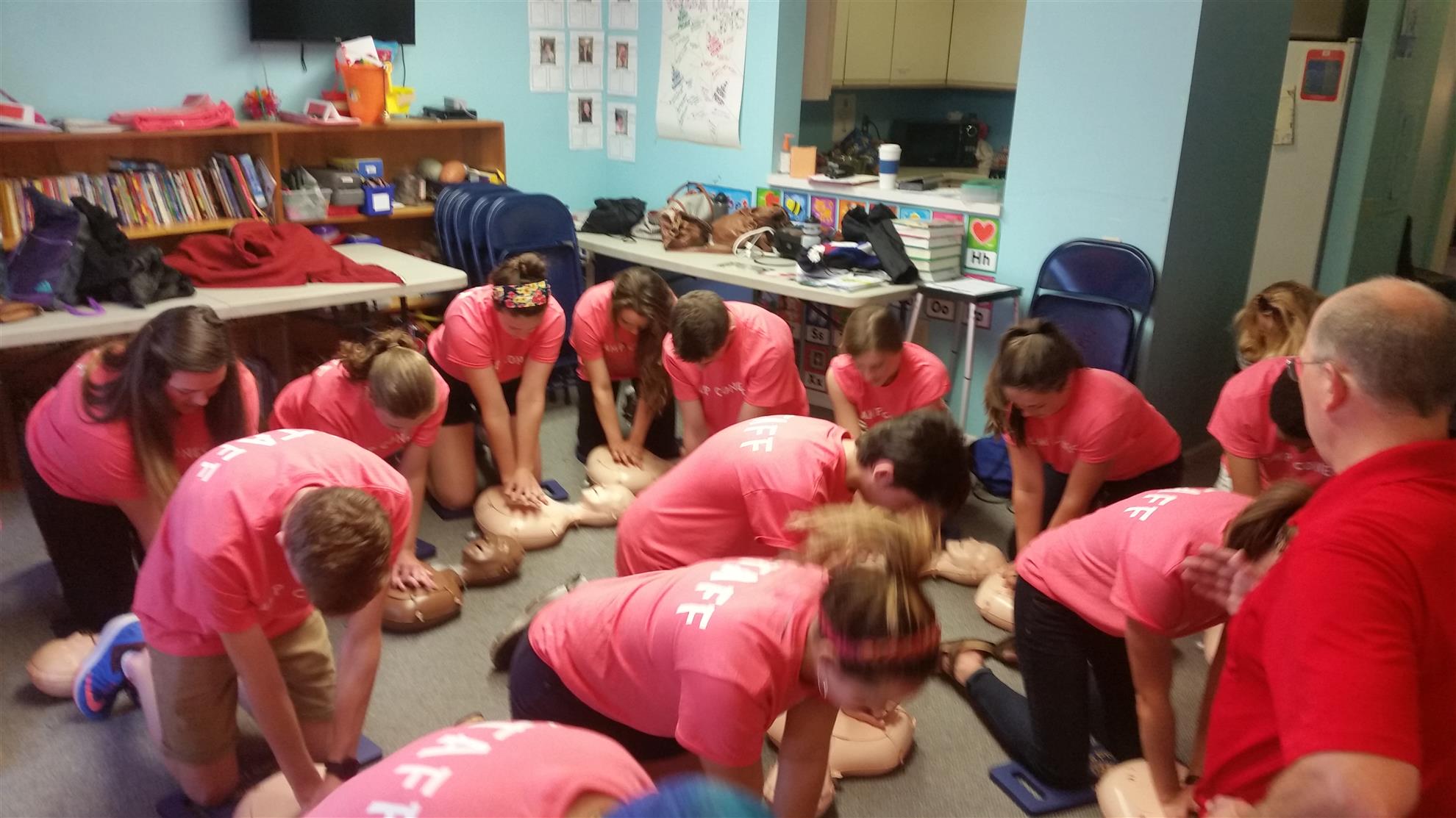
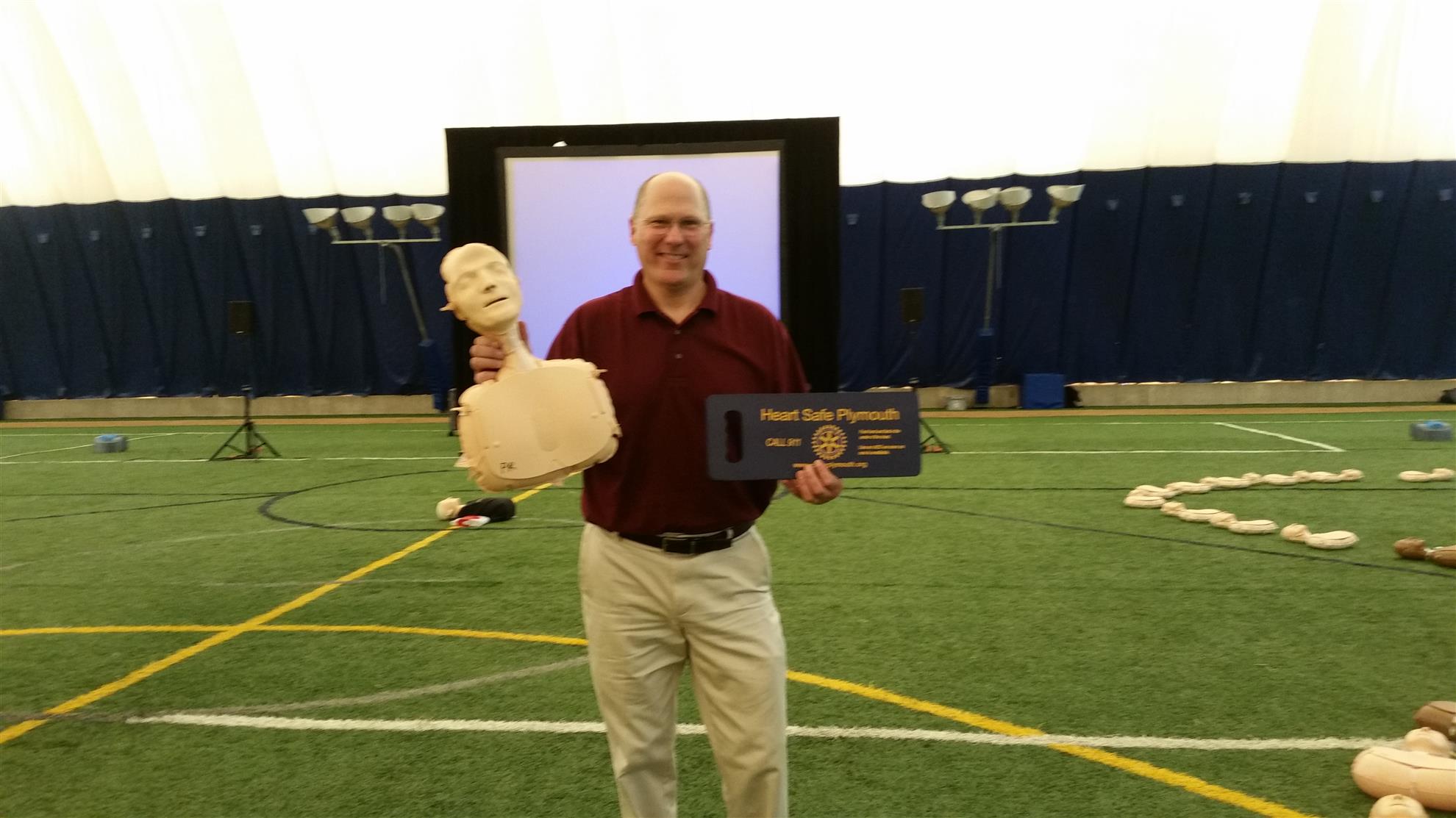
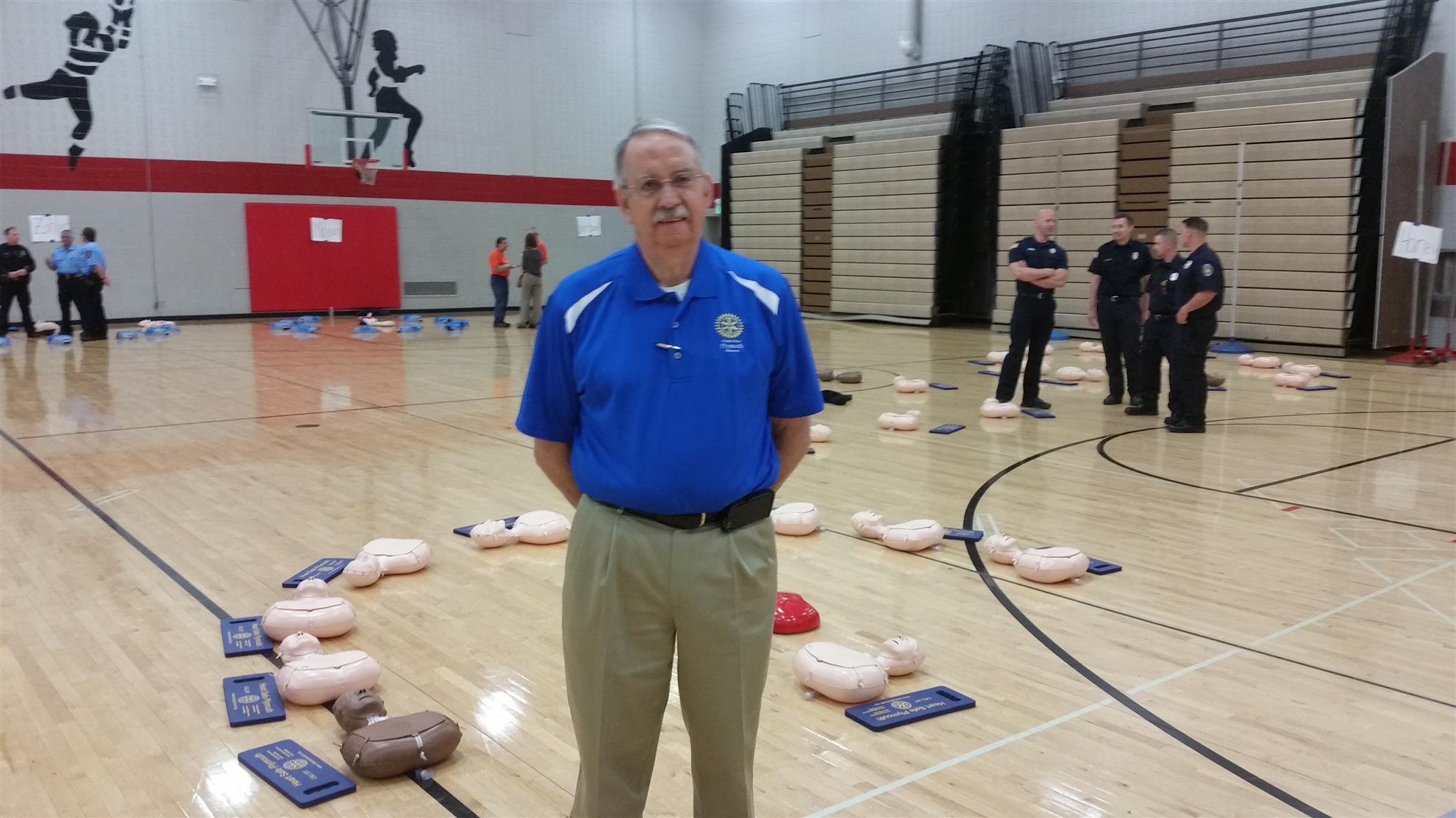
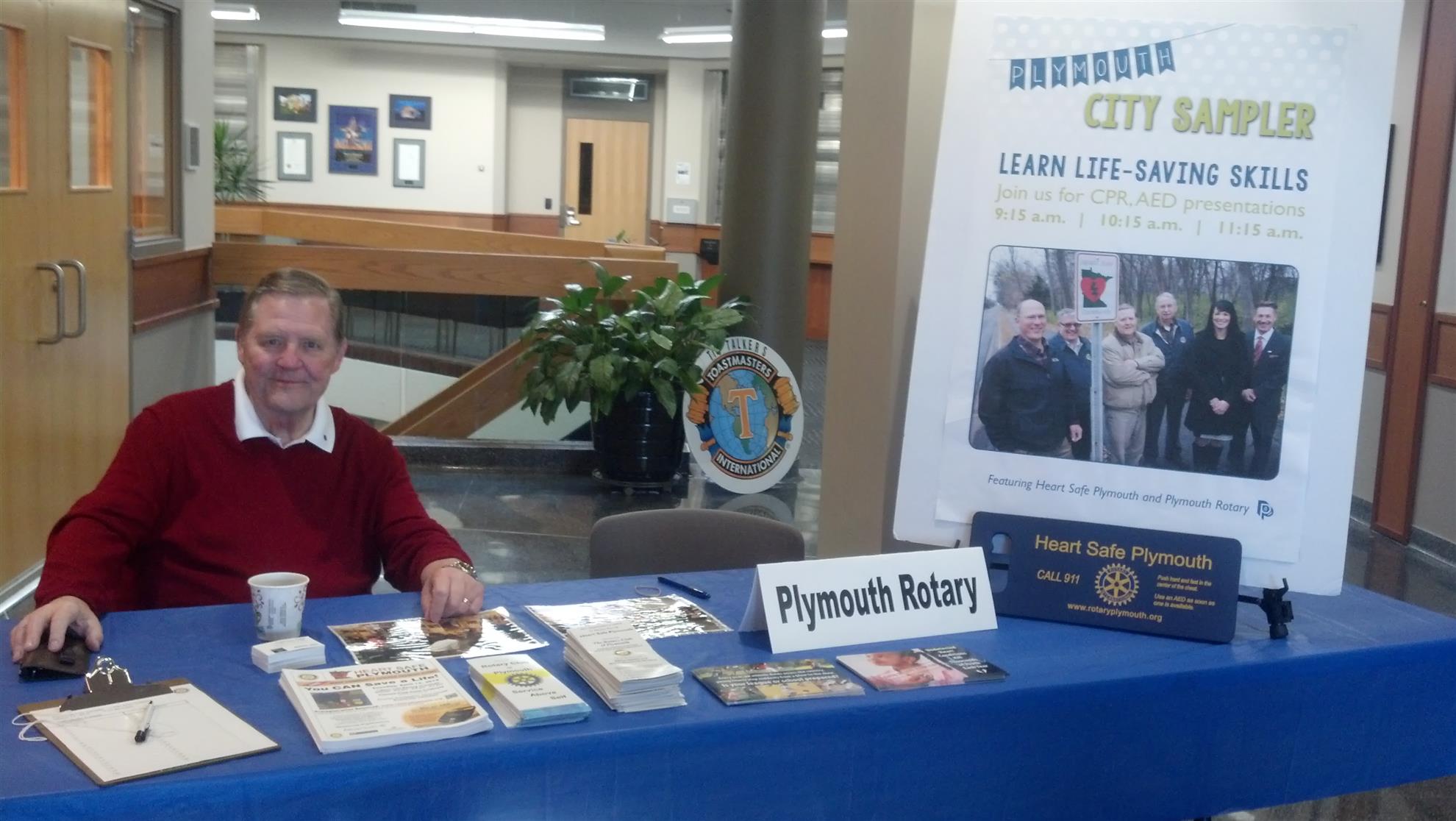
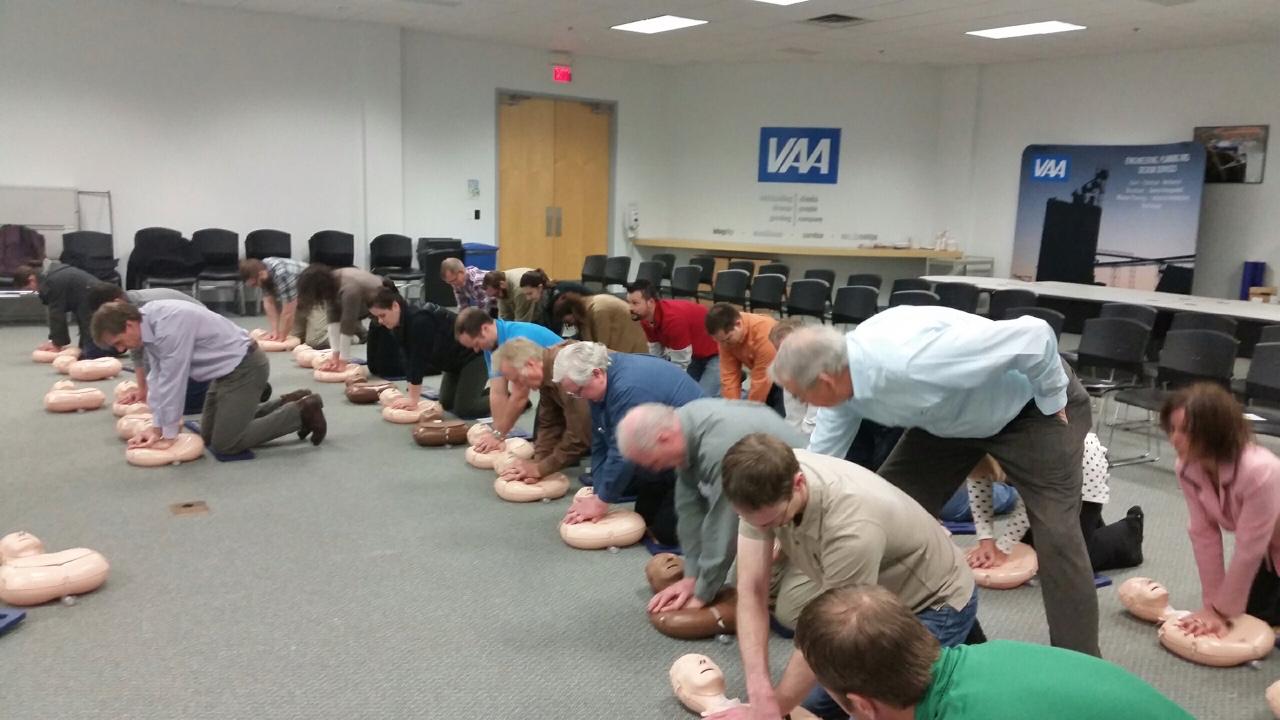
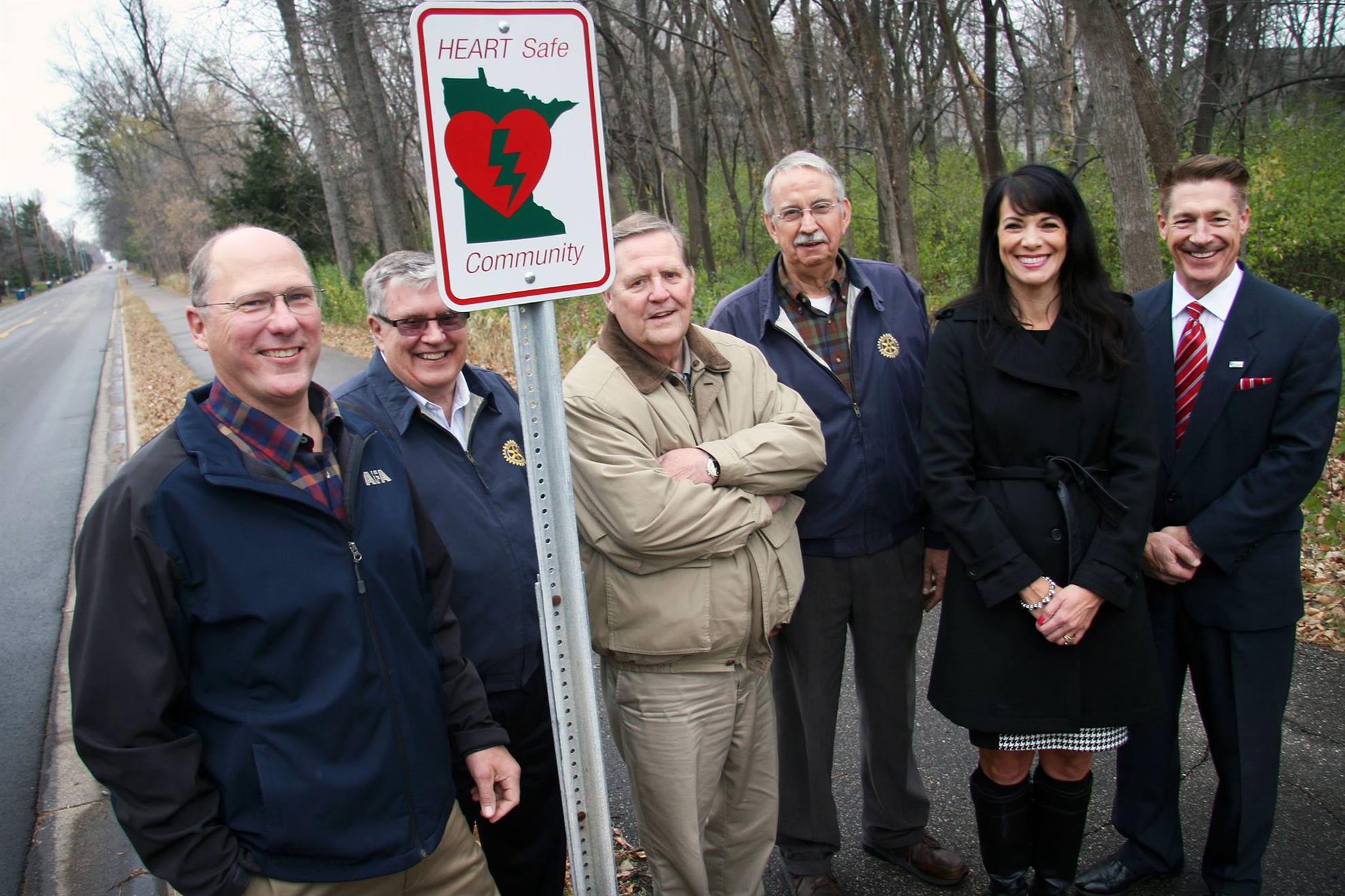
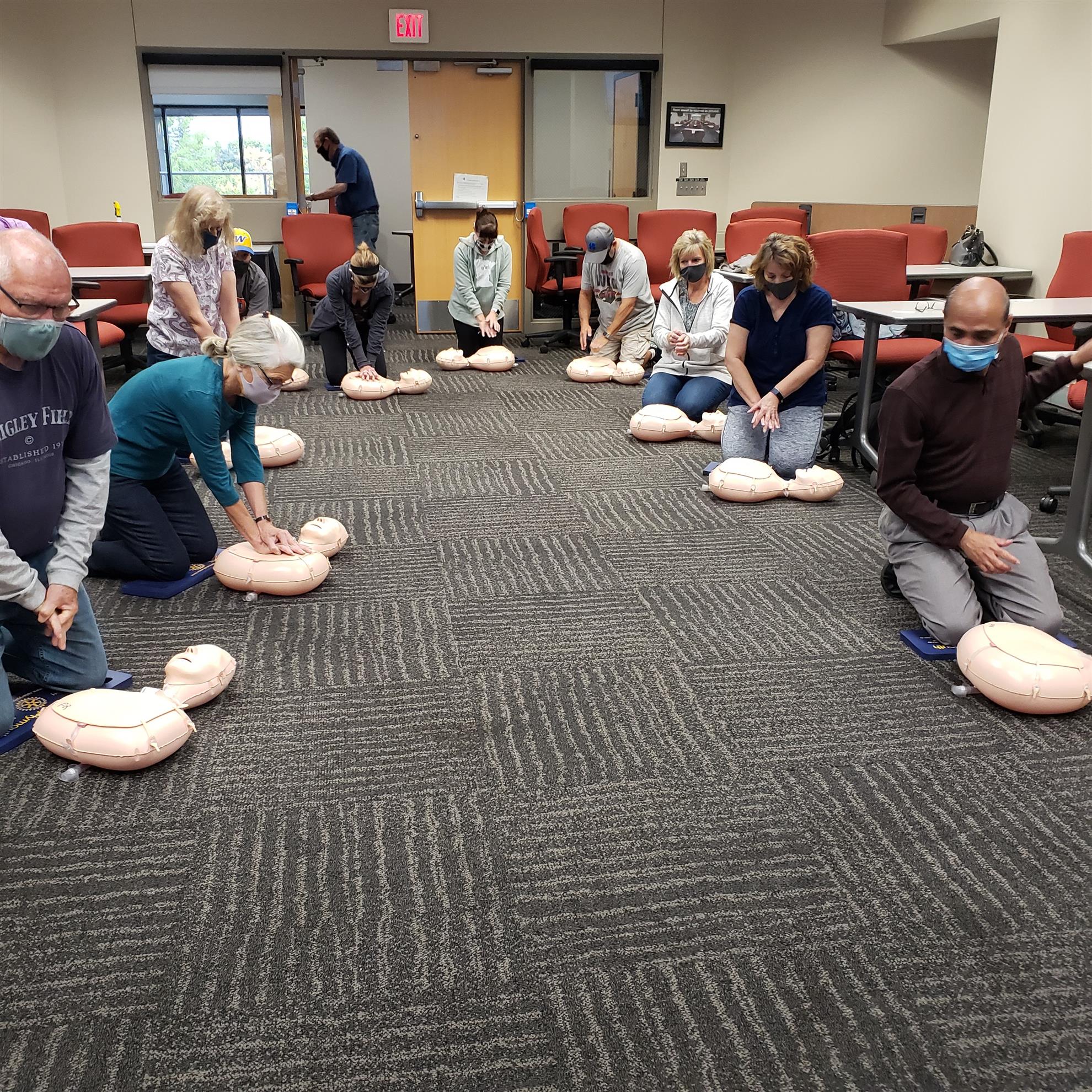
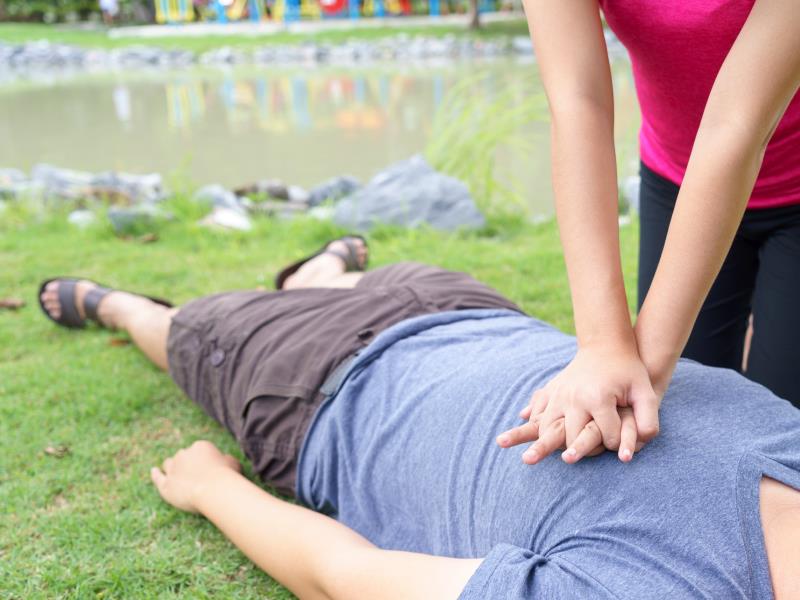
More than 7,400 participants have been trained through Heart Safe Plymouth. Plymouth was designated a Heart Safe Community in 2013 by the American Heart Association. The program recognizes efforts to improve systems for preventing deaths caused by sudden cardiac arrest.
Click here to see us in action, courtesy of CCX Media/News 12
The goal is to make the community a safer place to live, work, and play in Plymouth Minnesota
-
Educate and train on the emergency treatment of Sudden Cardiac Arrest (SCA) by providing CPR and automated external defibrillator (AED) training to individuals and organizations in the community.
-
Encourage and assist with the acquisition of AED’s so our community has more of them readily available if needed.
-
Get AED’s in the community listed on the National AED Registry so their location is available to 911 operators.
Cardiac Arrest, also known as sudden cardiac arrest or SCA, is the cessation of normal circulation of the blood due to failure of the heart to contract effectively. A cardiac arrest is different from (but may be caused by) a heart attack, where blood flow to the muscle of the heart is impaired. Cardiac arrest is a medical emergency that, in certain situations, is potentially reversible if treated early. The treatment for cardiac arrest is cardiopulmonary resuscitation (CPR) to provide circulatory support, followed by defibrillation if a shock-able rhythm is present.
Since 2008, the American Heart Association recommends the use of Hands-Only CPR for teens and adults who suddenly collapse in an "out-of-hospital" setting (such as at home, at work or in a park). Hands-Only CPR is CPR without mouth-to-mouth breaths. It consists of two easy steps:
-
Call 9-1-1 (or send someone to do that).
-
Push hard and fast in the center of the chest.
Conventional CPR is still recommended for:
-
Unresponsive infants and children
-
Anyone who is found already unconscious and not breathing normally
-
Victims of drowning, drug overdose, or collapse due to breathing problems
Automated External Defibrillator (AED):
An automated external defibrillator (AED) is a portable electronic device that automatically diagnoses the potentially life threatening cardiac arrhythmias of ventricular fibrillation and ventricular tachycardia in a patient, and is able to treat them through defibrillation, the application of electrical therapy which stops the arrhythmia, allowing the heart to reestablish an effective rhythm.

.png)












